UK needs tax increases to fix NHS, social care, says major report
A team of experts has urged the British government to raise spending on social care and public health by £102 billion over the next decade, funded by massive tax rises.
Members of a commission of inquiry by the London School of Economics (LSE) and the Lancet medical journal emphasized in a 123-page report published on Friday that the huge funding boost would reduce avoidable deaths, address health gaps, and restore the National Health Service (NHS) as the COVID-19 pandemic uncovered flaws such as the shortage of beds and staff.
The money would be funded largely by massive increases in income tax, national insurance, and value-added tax (VAT), according to the 33-member panel.
In their report, described as a call to action, the health experts said the funding had to increase dramatically from the current £185 billion to £288 billion by 2030/31, with every sector getting a 4% budget uplift for each of the next 10 years.
Under their plans, the NHS budget across the four home nations would soar from £162 billion to £239 billion.
According to the experts, the extra money could come in two phased rounds of major tax rises, first by 2025-26 and then by 2030-31, under which someone receiving a salary of £50,000 a year would pay an additional £60 a month by 2025/26, apart from what s/he had been paying before.
“Without concerted action and increased funding we risk the UK falling further behind other high-income countries in health outcomes and life expectancy,” said Dr. Michael Anderson of the LSE, the commission’s joint research lead.
He also added that without the increase, the UK would experience “continued deterioration in service provision and worsening inequalities, increased reliance on private funding and an NHS that is poorly equipped to respond to future major threats to health.”
The LSE and Lancet commissioners stressed that although getting ministers to approve such hefty rises would be “challenging,” the increases were necessary “to ensure that the health and care system can meet demand, rebuild after the pandemic and develop resilience against further acute shocks and major threats to health.”
Considering the tax rises as the only solution to compensate the NHS financial shortages, the commission’s co-chair, Prof. Elias Mossialos of the LSE, said that in order to meet funding levels of other comparable high-income countries, “politicians will need to be honest with the public” to persuade them to accept the increases in tax.
Meanwhile, Dr. Emma Pitchforth, the joint research lead, criticized the UK government, saying that “during the pandemic, the NHS has struggled in the face of poor decision-making by government, including delayed implementation of social distancing measures, poor coordination with local authorities and public health teams [and] a dysfunctional test-and-trace system.”
The LSE/Lancet report also addressed the serious staff shortages affecting most parts of the NHS, especially in England, and proposed to create a sustainable supply of healthcare workers.
It also highlighted the fact that Prime Minister Boris Johnson’s plans for the reorganization of the NHS in England was disruptive and would bring no benefits.
Upon entering No. 10 Downing Street in 2019, Johnson pledged to “fix” the NHS defects with a plan that he said was ready to be implemented, but there has been no sign of practical plans since.
The proposal for the tax rises come despite the government’s manifesto commitments that ensure there won’t be any increase in the income tax, national insurance, or VAT.

China halts liquefied natural gas imports from US amid tariff war
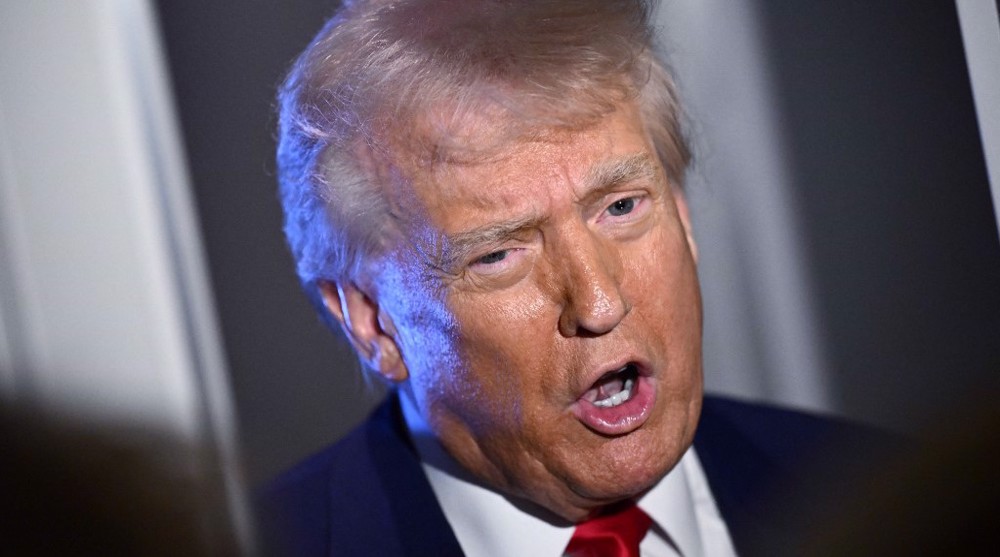
Negative impact of Trump tariffs on UK economy
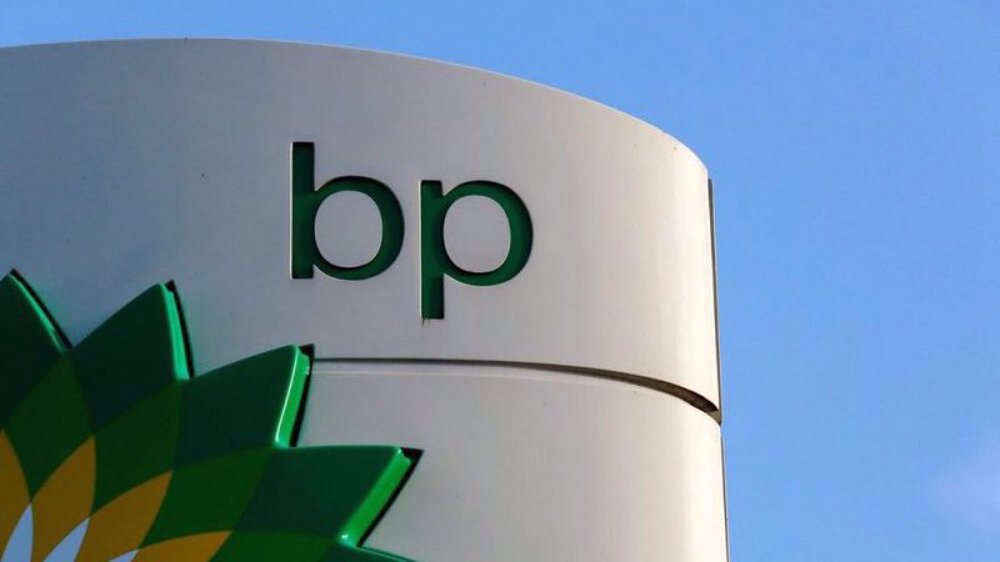
BP to be sued in Britain for supplying oil to Israel
VIDEO | Iran-US agreement: Too far, too near
VIDEO | Iran-Algeria alliance
Pezeshkian: Iran welcomes foreign investors, international traders
VIDEO | Types of enmity towards Israel
Israeli forces abduct, attack more Palestinians in raging West Bank raids
Iran asserts zero enrichment ‘non-negotiable’, insists defense capabilities ‘red line’
VIDEO | An Insider's View of Iran: Khorramshahr, Abadan and Niavaran Palace
Israel weaponizing aid in Gaza as hunger crisis deepens by all-out blockade: UN


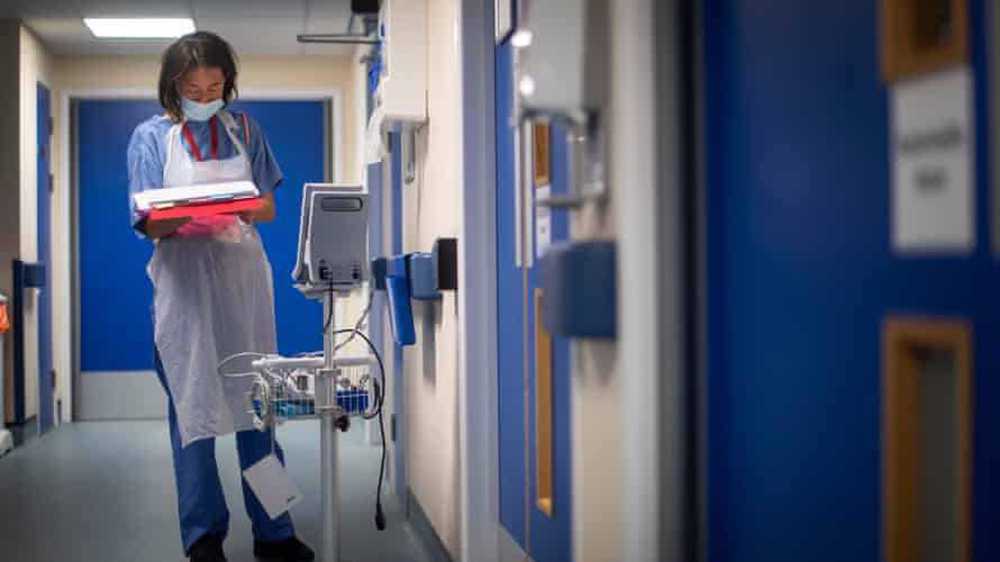



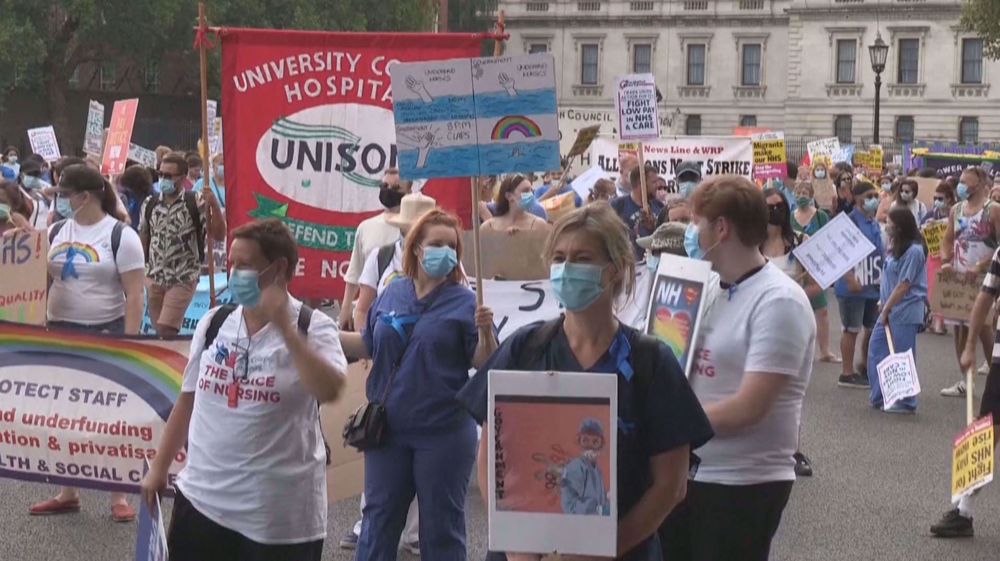
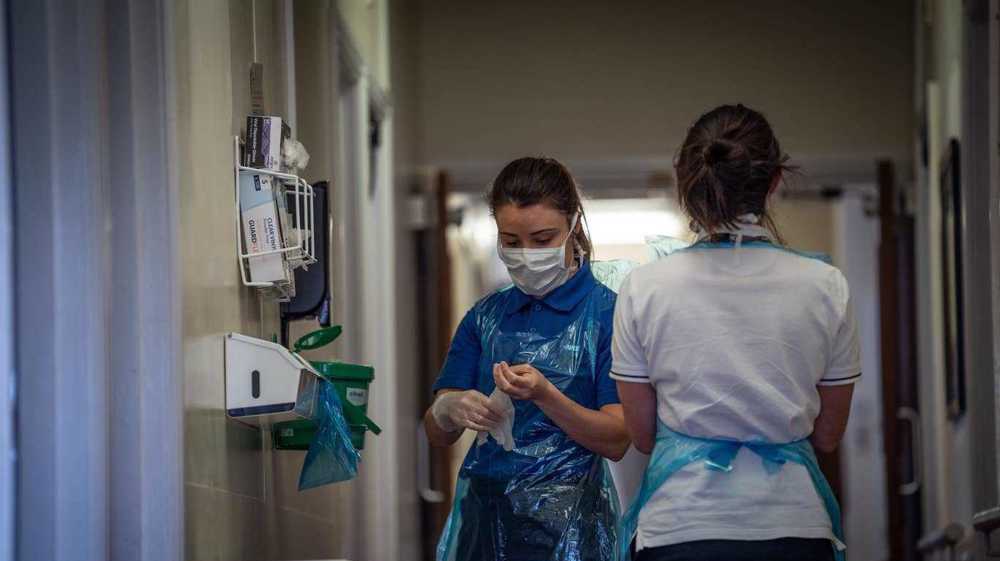

 This makes it easy to access the Press TV website
This makes it easy to access the Press TV website